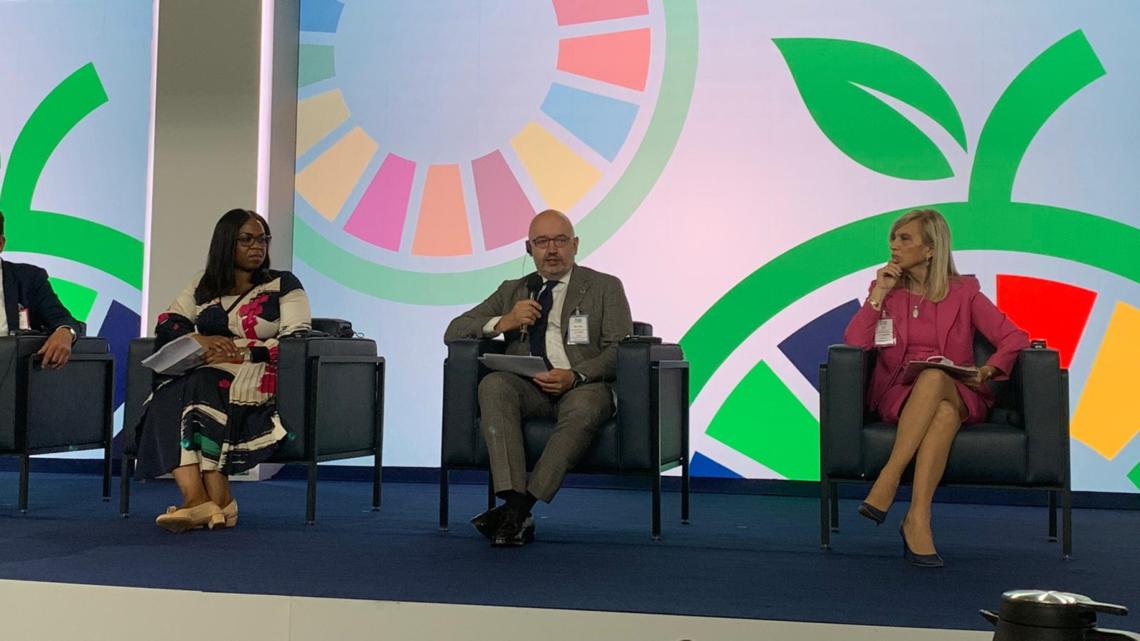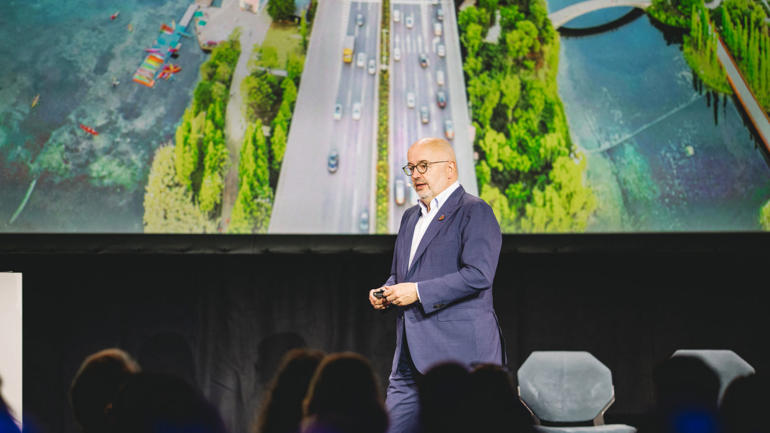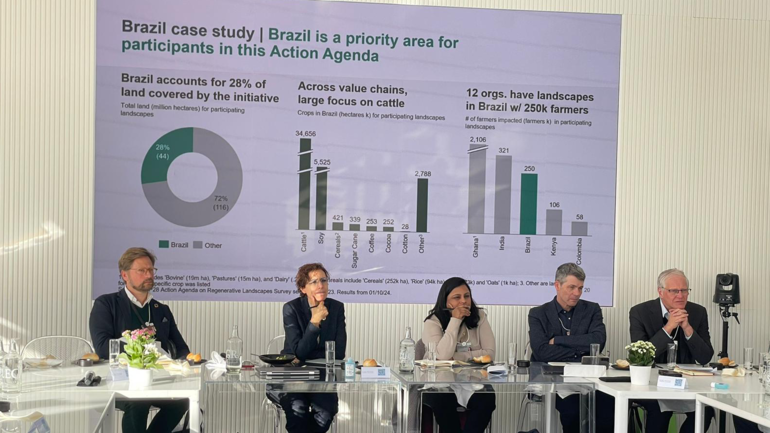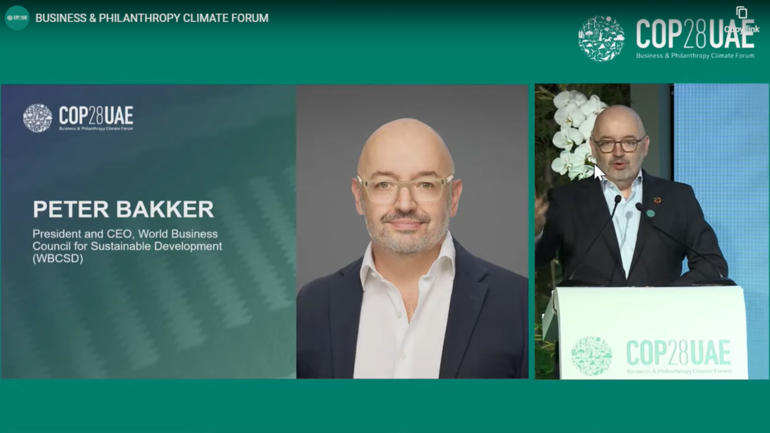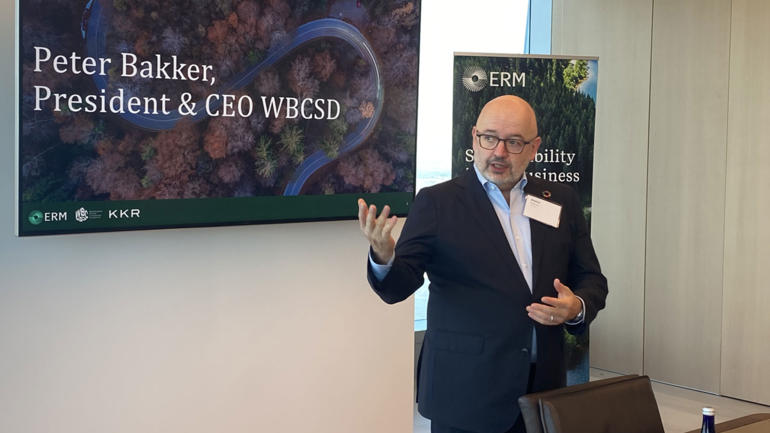Rome, 26 July 2021: We meet ahead of an important, and some would say historic, United Nations Food Systems Summit. Its Pre-Summit takes place from 26-28 July, and from today to Wednesday, all roads will lead to Rome.
Our world is facing three pressing global challenges: the climate emergency, the loss of nature and growing inequality. In no other system do the three challenges come together in the same way as in the food systems. Incremental change is not enough. The wholesale transformation of our food systems is now urgent and critical to deliver the SDGs.
We now understand the economic numbers behind these challenges. The total annual financial value of the food systems is around USD $ 10 trillion. The total hidden costs for both the environmental and human externalities are estimated at almost double that around USD $ 20 trillion.
The vision is clear: an equitable, net-zero and nature-positive food system that nourishes all people.
We can apply lessons learned to the food systems from the climate agenda where the UN successfully delivered the Paris Agreement and triggered an inevitable decarbonization of our economies:
- First, Science has become undisputed and clear under the Intergovernmental Panel on Climate Change (IPCC) and the science-based targets are mobilizing massive action,
- Second, having an annual COP meeting serves to mobilize awareness and action by all stakeholders,
- Third, Trust between all constituents has grown as a result of the many COPs,
- And last, Solutions by business and others are now leading the decarbonization of our economy.
If we project these lessons onto the food systems, we may find guidance on how to mobilize action.
- Science – The Food Systems Summit Science Committee has done great work progressing our understanding of the various challenges, but more is needed to get to a consensus on the environmental impacts, the composition of healthy diets and not in the least the true value economics of the system. A call for an IPCC for food needs to stay on the agenda.
- Meeting and accountability - The Food Systems Summit proofs that having a global meeting can create global mobilization. We must not limit this to a one-off event and find a way to measure progress.
- Trust - I want to applaud the effort of the many National Food Systems Dialogues that have been held around the world, as it is only through these multistakeholder convenings that we can build trust and deepen the understanding of the national and regional challenges facing the food system.
- Solutions – this is where business will have a big role to play to develop and implement better agricultural practices and offer healthy food. I am happy to report that Business is ready to step up.
Last year, I was invited to be a member of the Food Systems Summit Advisory Committee to support business mobilization. The Private Sector Guiding Group was set up with about 30 business associations and 4 CEO consultations were held with well over 200 CEOs participating.
In the consultations, it became clear that business recognizes the urgent need to transform the food systems, and that this can only be achieved by including farmers, women, youth and indigenous people, respecting the rights and dignities of all people.
While that sounds positive, I am aware that business might not always be the favorable part of the solution according to some. Yet, we need to collaborate, and it is through dialogue in a Summit like this one, we all build bridges to achieve change.
Today, we announce the launch of the Business Declaration on Food Systems Transformation, in which businesses commit to help lead the food systems transformation by implementing actions in companies, value chains and sectors.
It has not been easy to establish the language of this declaration, which is symbolic for the early stage of the food systems transformation. We do not yet have an agreed set of words to use. Still today I hear words that are solutions to some, be divisive to others.
I am happy to report that the declaration has already been signed by hundreds of global leaders from businesses and related associations – and is open to more signatures until the Food Systems Summit in September.
The declaration sets out six commitment areas for business towards the food systems transformation:
- Scale science-based solutions that focus on the transition towards sustainable food and agriculture business models,
- Provide investments in research and innovation to support food systems transformation across the value chain,
- Contribute to improved livelihoods and wellbeing across food value chains,
- Incentivize consumers as agents of change towards healthy and nutritious diets for all,
- Create transparency by integrating environmental and social risks and impacts in governance, the principles of true value of food, and reporting,
- Ensure the transformation includes a just transition for people everywhere.
I – on behalf of all undersigned business leaders - look forward to engaging actively in the Food Systems Summit because together, we can create the momentum towards an equitable, net-zero and nature-positive food system that can nourish all people.
For more information on the Pre-Summit and WBCSD's role in it, please visit https://events.wbcsd.org/virtual-meetings/wbcsd-at-food-systems-summit/

